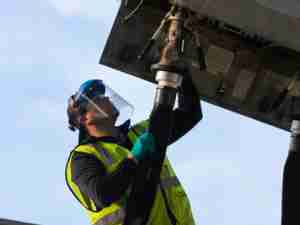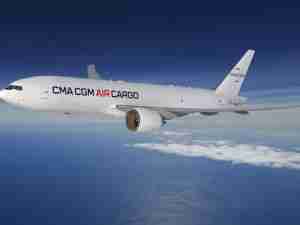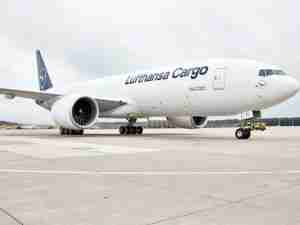Ethiopian Airlines Group plans to resume flights with the Boeing Co. 737 Max jet by early next year after reaching an out-of-court settlement with the U.S. planemaker over a deadly crash in March 2019.
Chief Executive Officer Tewolde GebreMariam is now convinced “beyond reasonable doubt” the model is safe after various modifications. He had previously said Africa’s biggest carrier would be the last to return to the Max after it was cleared to fly again by regulators. Many other airlines already have the model back in service.
“I can confirm that we are committed to the Boeing 737 Max,” the CEO said in an interview on Thursday. “My estimate is by the end of the calendar year or beginning of next year, January, we will be flying the airplane.”
The deal Ethiopian has reached with Boeing over the crash that killed 157 people is confidential, but the airline considers the matter finalized.
“We have settled our case with Boeing, that’s why we are now starting the process to fly back the airplane,” Tewolde said. “This happened in the last three months. We are happy on the settlement.”
Healing Relationship
Ethiopian Airlines Flight 302 crashed shortly after takeoff from Addis Ababa five months after a similar incident in Indonesia, triggering a grounding of the Max worldwide. Boeing reached a $2.5 billion agreement earlier this year to settle a criminal charge that it defrauded the U.S. government by concealing information about the jet. That included almost $1.8 billion to reimburse Max customers.
Ethiopian’s settlement with Boeing is separate to that U.S. accord, Tewolde said.
The airline’s relationship with Boeing showed further signs of healing this week when the carrier announced a partnership with the planemaker to expand its aviation hub. The project will look to increase aerospace manufacturing capacity in the country’s capital, and comes alongside the planned construction of a $5 billion new airport south of the city.
“We are going to manufacture parts, components of airplanes and supply them to Boeing and Airbus SE and other manufacturers,” Tewolde said. The agreement will boost Ethiopian’s growth, and ultimately, “we plan to move to an industrial park,” he said.
The airline isn’t seeing significant disruption from an ongoing conflict between Ethiopia’s government forces and rebels in the northern Tigray region, which has killed thousands of people and displaced millions. Ethiopian’s business is 85% to 90% from outside the nation, the CEO earlier told Bloomberg TV, and connections through the Addis Ababa hub are largely unaffected.











